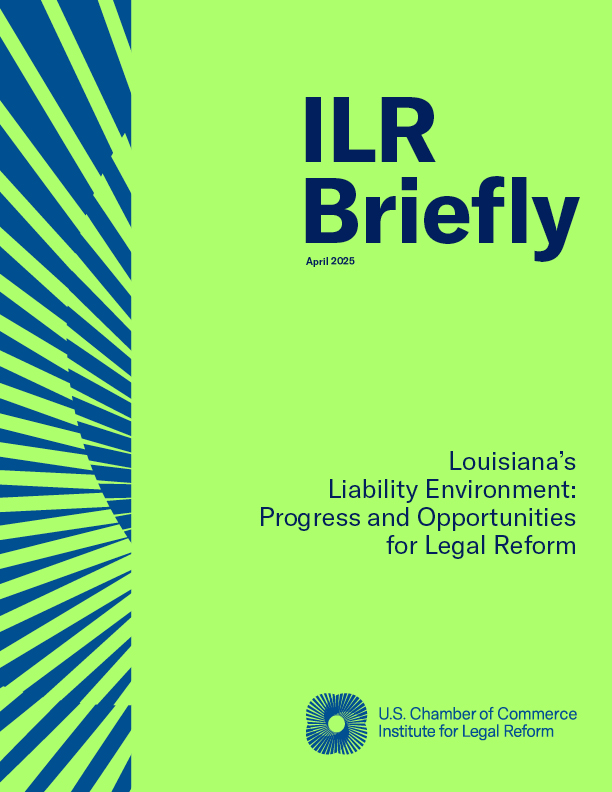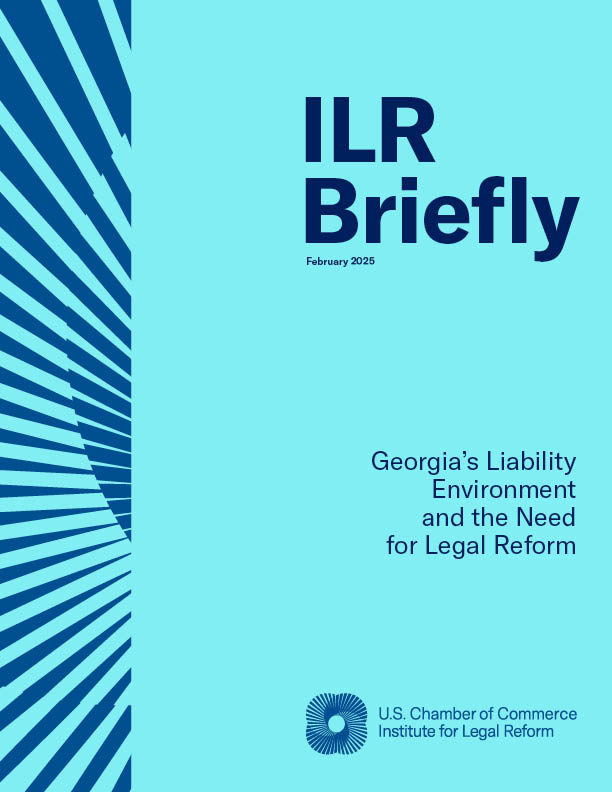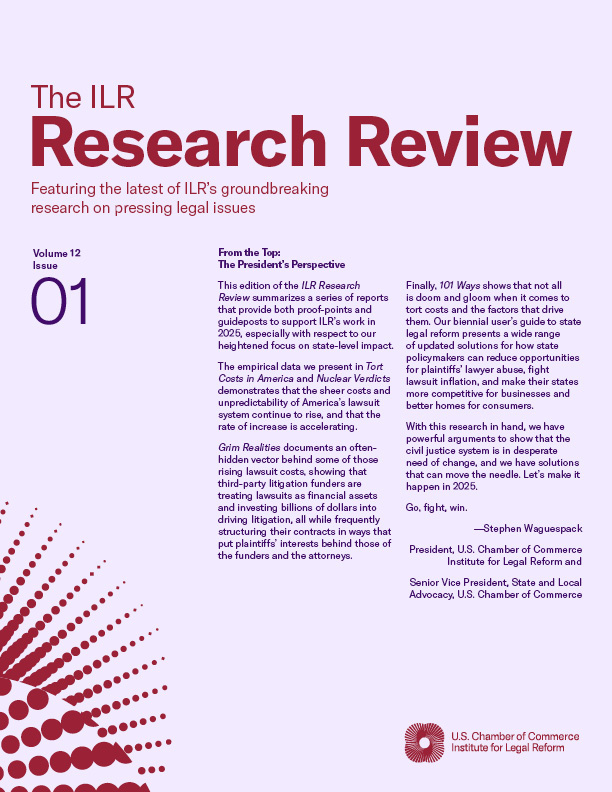Third-party litigation finance is a burgeoning industry in which third parties invest in lawsuits by paying the parties or lawyers in exchange for an interest in whatever proceeds are obtained in the litigation. It’s no surprise that this industry is catching on with some investors, since the U.S. litigation system often offers more attractive returns than many legitimate job-producing industries.
The ugly side of litigation funding was recently revealed in a ruling by federal Judge Lewis Kaplan in Chevron Corporation v. Donziger, Chevron’s federal civil-racketeering suit against Steven Donziger, lead plaintiffs’ lawyer in the infamous Lago Agrio lawsuit against Chevron. Lago Agrio was a mass-tort environmental-contamination lawsuit brought by Donziger, purportedly on behalf of Ecuadorians who allegedly had been harmed by Texaco’s former oil exploration and production operations in Lago Agrio, Ecuador. Donziger and his co-counsel prosecuted the suit in part with the help of a $4 million investment by the Burford Capital financing firm, which made its investment in exchange for a percentage of any award to the plaintiffs.
In February 2011, the Ecuadorian trial court awarded the plaintiffs an $18 billion judgment (later reduced to $9 billion) against Chevron. Shortly afterward, Chevron sued Donziger for civil racketeering for procuring the judgment fraudulently. In his March 4, 2014 opinion, Judge Kaplan found that the “decision in the Lago Agrio Case was obtained by corrupt means.” Judge Kaplan also lamented the plaintiffs’ lawyers’ “romancing of Burford,” which the court found led plaintiffs’ counsel to adopt a litigation strategy designed to maximize plaintiffs’ ability to collect on any judgment – rather than focus on securing a judgment ethically and honestly.
The U.S. Chamber Institute for Legal Reform is working to address the various threats posed by litigation funders to our legal system. Among other things, ILR along with the American Insurance Association, the American Tort Reform Association, the Lawyers for Civil Justice and the National Association of Manufacturers, recently proposed an amendment to the Federal Rules of Civil Procedure that would mandate the disclosure of third-party litigation funding arrangements at the outset of civil litigation. If adopted, the amendment would shine much-needed light on the practice of litigation funding and mitigate some of the abuses that result from this practice.
Disclosure is an important first step, but other steps must be taken to minimize the impact of litigation funding on our system of justice. For example, funders should be prohibited from exercising any control over litigation in order to protect the attorney-client relationship and minimize ethical risks, and funders should be on the hook for the other side’s legal expenses if a lawsuit they promoted and financed fails. These common-sense regulations would not solve all the problems posed by litigation financing, but would help minimize them.
No matter how much its proponents try to dress up litigation funding, the reality is not pretty: litigation funders meddle in litigation, turning a profit for themselves at the expense of the parties to litigation, attorney-client relationships and the integrity of the U.S. judicial system. In order for American businesses to thrive, we need a reliable, predictable judicial system that is focused on deciding the rights of parties – not on turning a profit for third-party investors.
View PDF


